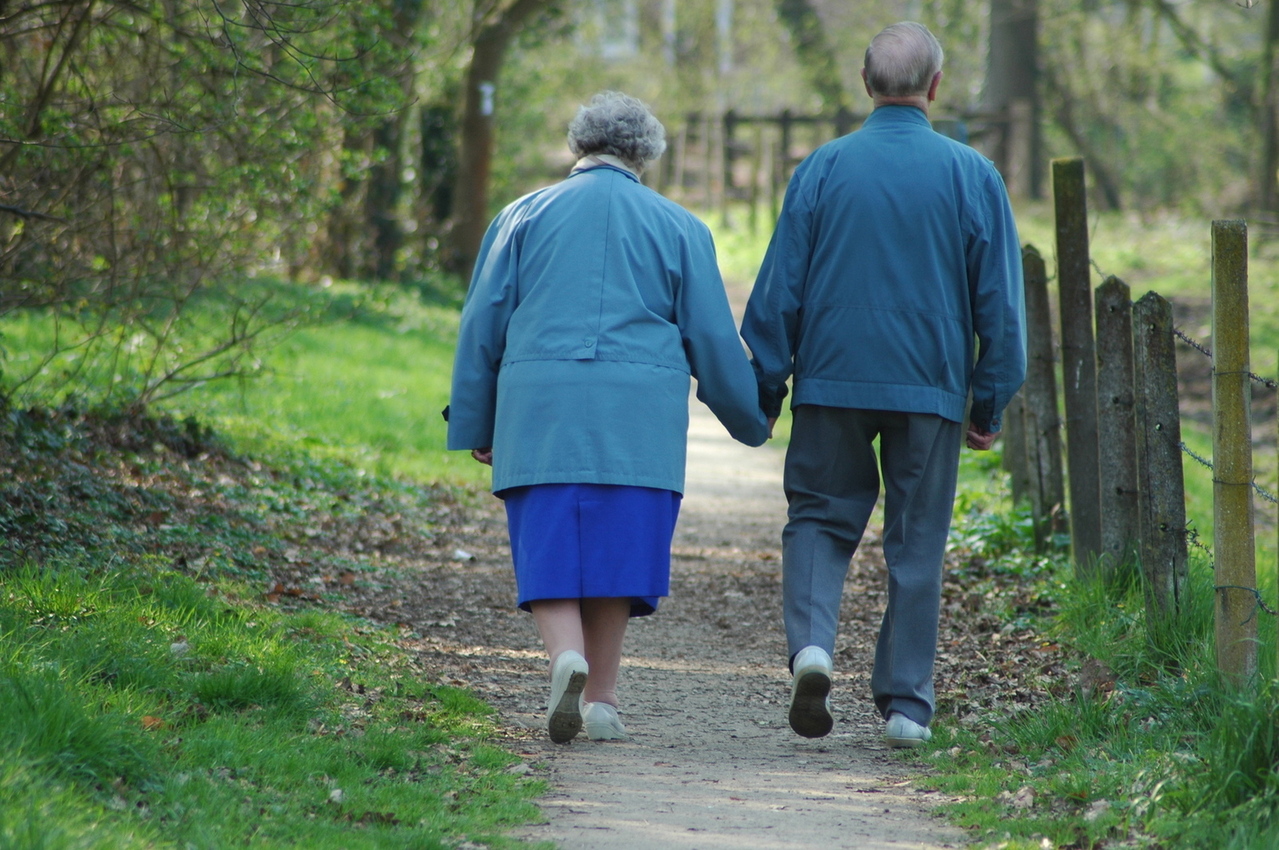June 2005
When we are born we are blessed by a mother and a father and all other family members they bring to us. They raise us from childhood until the time comes to strike out on our own. After we marry, we become part of our spouse’s family. I was blessed with a most delightful mother- and father-in-law, my wife’s brother, and sister, and her other relatives.
I met my wife after she converted to Judaism. I saw her in the lobby of the synagogue, but she didn’t quite register on me. A married man who was in my study group introduced me to her. She rented a room at his mother-in-law’s house until she got her bearings in the Orthodox community. After dating for a while, we decided to marry.
My wife had been interested in Judaism for a long time. After returning to the States from her junior year at Hebrew University, she decided to convert to Judaism. When she discussed the matter with her parents, her father, a psychology professor, suggested that she consult a rabbi who studied pastoral counseling with him. Her mother, a piano teacher, accepted the decision to convert as something natural, having followed her daughter’s interest in Judaism over the years. Changing religion was not new for them since they were both children of Methodist ministers who had switched to the Episcopalian Church sometime after they married.
Traditions Meet
The two sets of parents met to plan the wedding, an Orthodox Jewish ceremony. But the real beginning of the Christians’ experience with their new Jewish family members was culinary. Whenever my father – and mother-in-law invited us to their house we brought our own food and cooked it in aluminum foil, using plastic tableware and drinking the top-of-the-line kosher wines along with other beverages. My wife and I ritually washed our hands before breaking bread then recited a grace before the meal using a variety of texts. We shared only the salads, the fruit, and the baked goods with the rest of those present. At the end of the meal we recited the grace after meals required by Jewish practice.
By the time the year was out, there was a granddaughter – the first for my parents—and in the following years, two more girls. Though they were growing up in an observant home, our children understood that their mother’s family was not Jewish, and spent time with them at their house, learning to love and respect them.
Celebrating Together
Religion did not present a problem. At the Christmas season we went to their house to celebrate with them. In the years when Hanukkah and Christmas coincided, we would get together around the tree, light the candles, and sing holiday songs, ours and theirs. On Passover my father-and mother-in-law, as well as my wife’s brother and sister, came to the seder. Seated around the table, we all read the passages from the Haggadah, in English and in Hebrew. On Thanksgiving Day we would gather around the table at my wife’s parents’ house with two turkeys – theirs and ours – with all the fixings, and good conversation.
Besides the holidays, we celebrated birthdays in bunches. In early spring we gathered for the family members who were born during that time. Once we surprised my mother and my late brother, who thought they would be celebrating my oldest daughter’s birthday with the extended family. Towards the ends of summer, we got together for the birthdays for those family members who were born in August and September, and at Christmas time some of us received two presents, and the other present for a birthday.
Difficult Partings
Our parents knew that our hearts were set on leaving the States to live in Israel. It was hard for them to see us leave them, after eight years of sharing our lives. In spite of the distance, we still felt the warmth through a steady stream of letters and visits over the years. My mother-in-law came on an archeological tour, staying with us for a week during the first few months we were in our new flat. A few years after we settled in, our oldest daughter spent a month with our parents, and had the privilege of being with her great-grandmother in the last year of her life. Later on, my parents came to see our most recent arrival, our youngest, a boy, as well as attending our first-born daughter’s Bat Mitzvah. The next year I traveled back to the States to visit my grandmother in the hospital. Over the following decades, our parents came to see us, and we returned to the States to visit them, keeping the family ties alive and well, and strong.
My mother-in-law died in 1989. In 1996, my father-in-law remarried – a Jewish woman. They were married in a Jewish ceremony conducted by a Humanist rabbi, exchanging vows amidst a circle of good friends. I now had three Jewish parents: my own and my wife’s Christian father’s Jewish wife. My father-in-law’s second wife died recently, and out of respect to her and her family, the ceremony was held at a Jewish funeral home.
Through sharing our lives, my father-in-law had become part of us, as we became part of him, as did the rest of his family extending from Judaism to Christianity.
Indeed, it is a special honor to be part of a family where religious belief does not divide its members but has become a value greater than the sum of all its parts.

